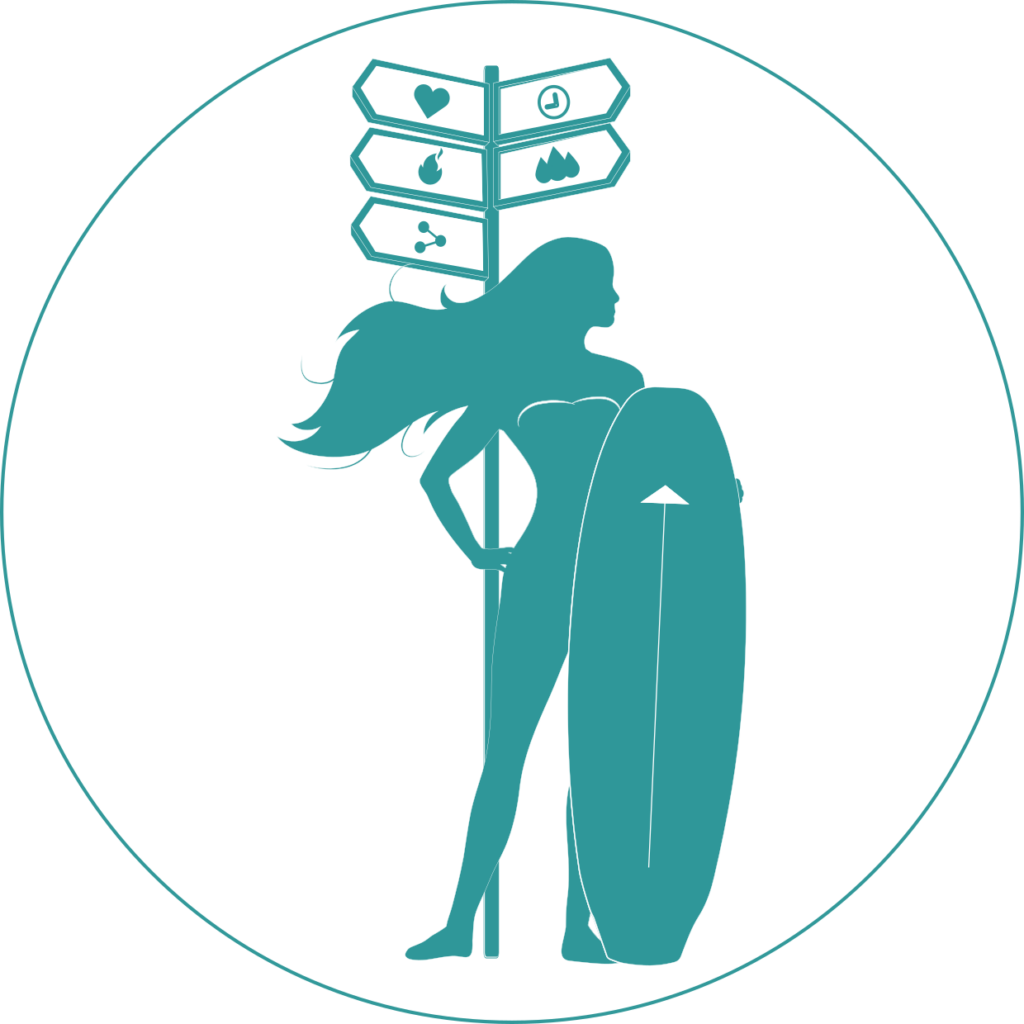In the crowded world of self-help and personal development, influencers often sound like friends who just get you. They share emotional stories, speak directly to your pain, and invite you into their “tribe.” It feels personal. It feels safe. It feels like connection.
But often, it’s not.
Behind the warmth and relatability, there’s a psychological formula, a playbook, designed to bypass your critical thinking, hook your emotions, and subtly create dependency. It’s not always malicious, but when used without ethics, it stops being about your growth and starts being about their brand growth.
The Playbook Step by Step
If an influencer wanted to hook you without caring about your independence, the process might look like this:
- Name a universal pain, something so broad almost everyone has felt it: loneliness, rejection, feeling invisible. Keep it vague so you do the work of making it feel personal.
- Pretend to know your inner world, phrases like “I know you,” “You’ve been feeling…” create a false sense of intimacy.
- Share a micro-dose of vulnerability, just enough to be relatable, but not enough to risk their image.
- Position themselves as the lifeline, hint that they have the exact steps to solve your pain, but don’t give them yet.
- Anchor your relief to them, make the moment you feel “seen” inseparable from their presence, so you return for the next dose.
It’s a blend of marketing, persuasion, and neuroscience. And it works, not because it makes you stronger, but because it makes you want them more.
The Psychology Behind Why It Works
This isn’t random charisma, it’s science applied to influence.
- Parasocial bonds: Your brain treats repeated exposure and intimacy cues (“I see you”) like a real friendship, even if the relationship is one-sided.
- Emotional priming: Strong emotional language suppresses critical thinking, making persuasion easier.
- Confirmation bias: Vague statements feel personal because you supply the details.
- Oxytocin spikes: Emotional mirroring (“I know how you feel”) triggers bonding chemicals, which make you trust them more.
- Negative identity priming: Repeated reminders of your struggles can strengthen a victim identity rather than your capacity to overcome it.
In neuroscience terms, your brain is rehearsing helplessness. This is a close cousin of learned helplessness, a state where you stop trying to change your situation, even when you could, because your brain has been trained to associate your identity with the problem.
Why “Feeling Seen” Can Quietly Weaken You
There’s nothing wrong with empathy. But when influencers stop at identifying your pain and don’t hand you back your agency, they’re reinforcing the same neural pathways that keep you stuck.
Over time, you associate safety and recognition not with your own capabilities, but with them. Which is profitable for them, but costly for you.
Where the Line Should Be
Authenticity vs. manipulation: Is the story told for your benefit, or to keep you hooked?
Empowerment vs. dependency: Does it lead you to action, or keep you listening?
Respecting individuality: Are they listening to you, or projecting onto you?
How I Approach It Differently
As a coach, I refuse to claim I know you better than you know yourself. I work from strength, not from victimhood. That means:
- Sharing vulnerability for purpose, not performance.
- Respecting your unique story without projecting onto it.
- Giving you tools so you don’t need me in the long run.
The Takeaway
That warm, tear-jerking “I see you” moment might feel like healing. But sometimes, it’s just a hook. The difference? Real empowerment makes you less dependent on someone else, not more.
The next time someone says, “I see you,” notice whether they hand you back your own power… or make sure you keep coming back for theirs.
-Bianca Kersten

